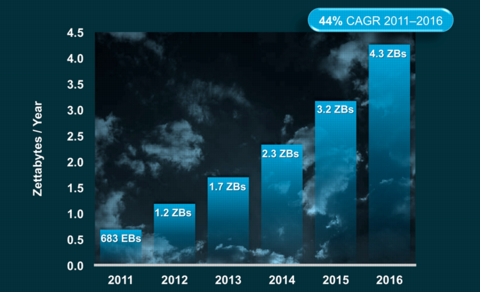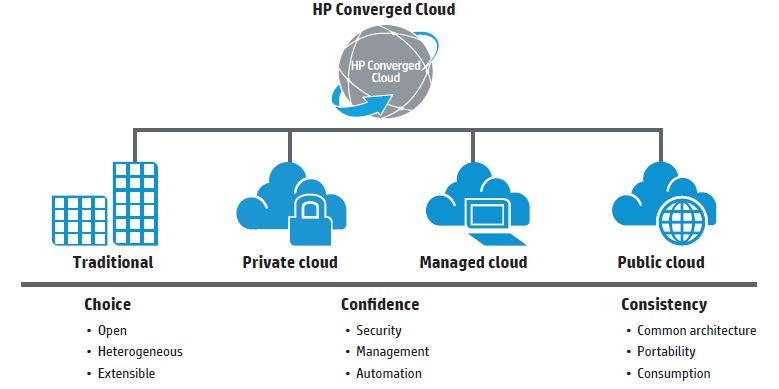Tom Taulli | Entrepreneur
In his book, How to Create the Next Facebook: Seeing Your Startup Through, From Idea to IPO, author Tom Taulli lays out the specific steps that took Facebook from college dorm room to $100 billion dollar social media platform, and how budding entrepreneurs can use those lessons to launch their own successful business. In this edited excerpt, Taulli details what every would-be founder can learn from Mark Zuckerberg’s journey to becoming a successful CEO.

In Facebook‘s early days, Mark Zuckerberg was a terrible CEO. He didn’t communicate well, kept things to himself, and often riled his employees. He also had a bit of an attitude. One famous example was his business card, which stated at the top: “I’m the CEO, Bitch.”
In late 2005, things were getting worse. Zuckerberg was spending most of his time hanging out with media moguls, flying private jets and dining at elite restaurants. These pastimes may have been a great ego boost, but employees were becoming demoralized, and it was harming the company.
The company’s in-house recruiter, Robin Reed, confronted Zuckerberg and said, “You’d better take CEO lessons, or this isn’t going to work for you.”
It was a pivotal moment. Zuckerberg was mature enough to evaluate the criticism and act on it. It was critical for the company’s growth. From that point on, Zuckerberg set out to get CEO lessons from people who included some of the world’s best leaders.
Being a CEO can be lonely. You can’t say something like, “I have no idea what to do. Any suggestions?” It’s important to find mentors — especially those who have several rungs more experience than you.
But a CEO also needs to encourage an open environment. Employees should feel free to say negative things. Else it will be nearly impossible for the CEO to understand the company’s problems. The fact that Reed was able to criticize Zuckerberg was an encouraging sign that Facebook had a culture of openness.
Zuckerberg’s mistakes provided him with another crucial lesson: the perils of corporate imprinting. This is a natural human behavior in which employees copy their leader. A CEO needs to be constantly aware of their actions. How will they be interpreted? Is the right example being set?













